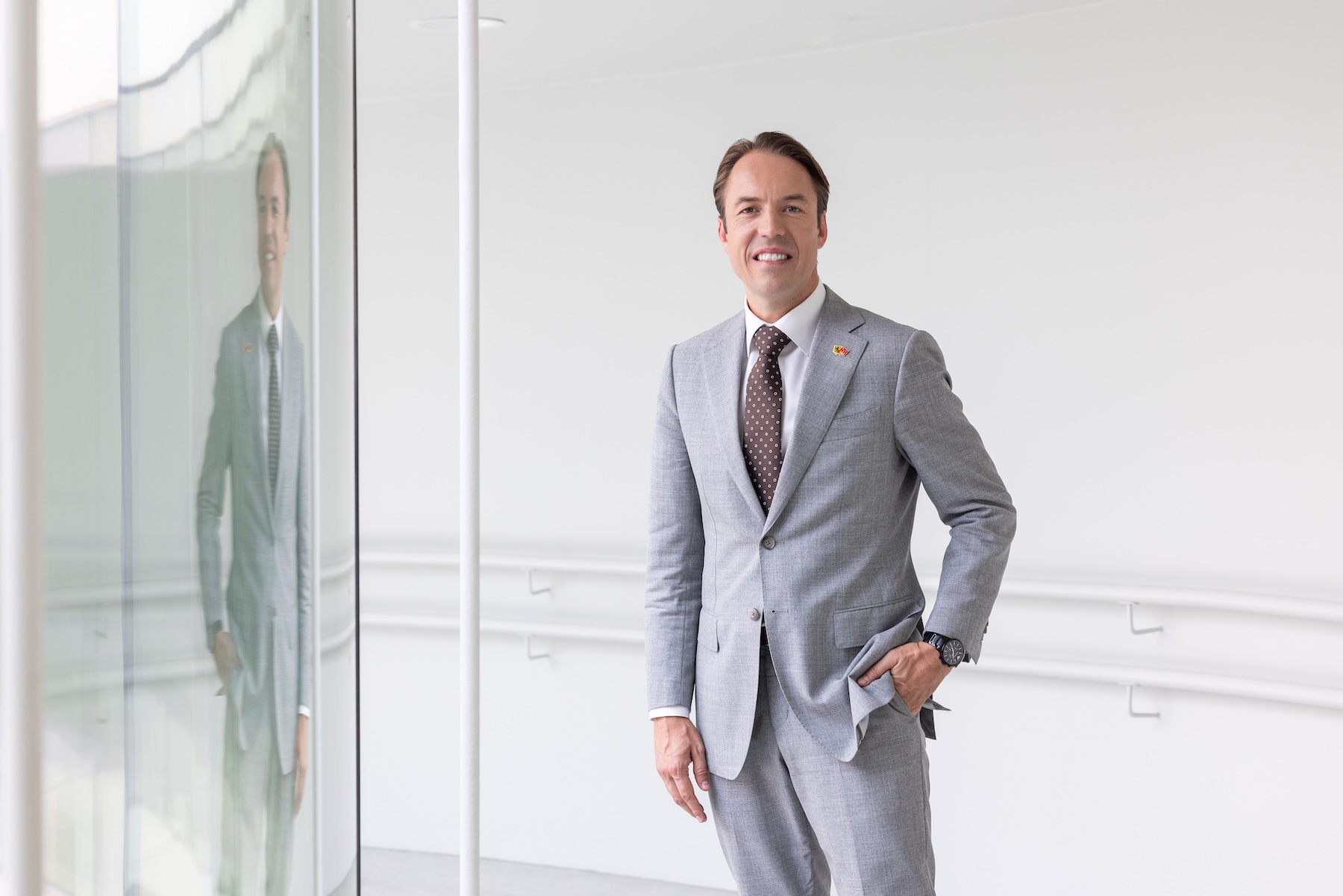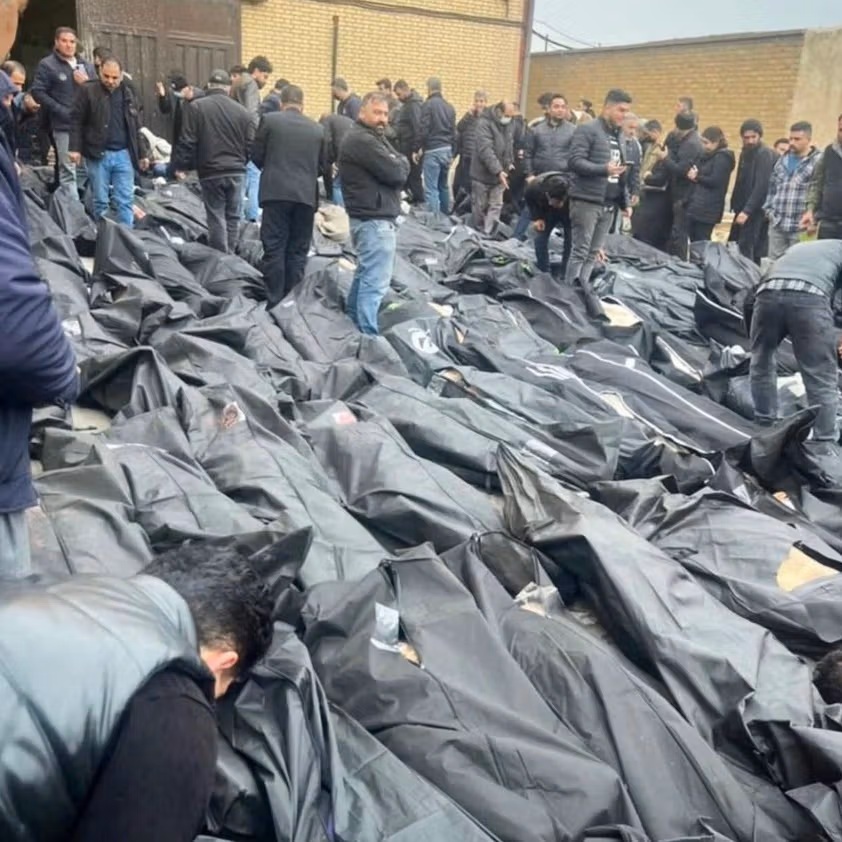
Protesters blocked roads across Lebanon on Sunday in demonstrations against deteriorating conditions in a country grappling with an economic and financial crisis.
Tires were set ablaze on several major roads in Beirut, paralyzing the capital. Several hundred people chanted “Down with capitalism” and “Leave!” as they marched along a main road near parliament amid heightened security.
“We went down to demand to live with dignity. We want to say to the MPs, the ministers, and all the ruling class that if they don’t want to give back what they stole, they should at least stop stealing so the people can live,” one protester in Beirut said, attacking Lebanese leaders over state corruption.
Protesters blocked highways in other parts of Lebanon.
In Tripoli, Lebanon’s second city, protesters set fire to a picture of Prime Minister Saad al-Hariri, footage broadcast by TV station al-Jadeed showed. Protesters also gathered near the house of Najib Mikati, a former prime minister, it said.
Maha Yahya, director of the Carnegie Middle East Center in Beirut, said Sunday’s protests were just the tip of the iceberg. “It is a reflection of a lot of pent up anxiety that we have been feeling across the board,” she said.
Lebanon, one of the world’s most heavily indebted states, is grappling with a stagnant economy and strains in its financial system stemming from a slowdown in capital inflows.
These strains have started to surface in the real economy as some importers have struggled to convert Lebanese pounds to dollars at the official exchange rate, which has been maintained at its current level for more than two decades. The Lebanese government has repeatedly pledged to preserve the peg.
Earlier this month, gas stations staged a one-day strike because they could not get hard currency at the pegged exchange rate. Millers have also complained.
Some of these importers say they have had to pay more than the official rate of 1,507.5 pounds to the dollar to secure their needs.
The central bank governor said last week banks were meeting customer demand for U.S. dollars. It has also said that this week it will issue a directive to banks regulating the provision of foreign currency to import fuel, wheat and medicine.
Yahya said: “People are worried about their future and about their standards of living dropping should there be a devaluation”. The protests reflect the growing gap between the political elite and their base, she said.
Lebanon won pledges of $11 billion to finance a major investment program to revive the economy at a Paris conference last year. But donors first want to see the state implement reforms to put the public finances on a sustainable path, including moves to combat corruption.
Funds pledged at that conference by France and other donor states and institutions have yet to be released.
Source: Reuters




